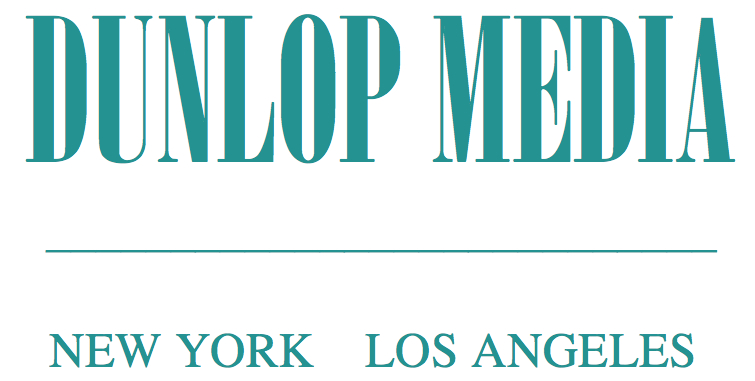New research details major media's role in helping unverified rumors go viral
Media commentary by Steve Dunlop
“Nuclear Bomb Found After 57 Years,” read the subject line in my inbox. A longtime friend had forwarded what appeared to be a news story from Savannah, Georgia, announcing that a pair of scuba-diving Canadian tourists had stumbled on a Mark 15 thermonuclear bomb, lost by the Air Force in a mid-air crash in 1958.
The story was false. (We all surely would have heard, if it were true.) Yes, the crash had occurred, 57 years ago - and the bomb was indeed lost. But the so-called discovery was a hoax – a mere urban legend. I messaged my friend.
“Hard to believe that someone would bother to make up such a story,” she responded. “Just for fun? No one profits from misinformation. There’s no political pitch either. So, why?”
Of course, there have always been those who profit from misinformation. Supermarket tabloids, miracle diets, and any given issue of The Onion come to mind.
What’s different today is that respected news organizations are becoming a part of the problem.
And it’s not just because of stretched budgets and staff cutbacks. Major outlets can actually play a role in circulating false stories online – and that has implications for media consumers, advertisers, professional communicators, and society at large.
The current issue of The Quill, a magazine published by the Society of Professional Journalists, takes a deeper dive into recent research by Craig Silverman, a fellow at Columbia University’s Tow Center for Digital Journalism.
“Rumors and claims that 15 years ago may have found their way into a newsroom and been reported out are instead going public,” Silverman says. “They circulate and gain credibility before anyone begins to apply a level of verification.”
Silverman assembled a database to collect and analyze examples of rumors and unverified claims being reported by news websites.
Case in point: a 2014 post on a site covering the comic book industry. It said that one of the Batmobiles used in the filming of Batman vs. Superman had gone missing, and might have been stolen. The original post cited “scuttlebutt” from anonymous sources in Detroit.
Police quickly confirmed the Batmobile never went missing, and was never stolen. But in a matter of hours, that single web post had set off a cascade of other articles – including one on the site of CBS’s Detroit affiliate, which only served to give the erroneous story additional credibility.
“With the rumor proven false, some sites updated their post,” Silverman said. “But many — including CBS Detroit — did not.” And misinformation, if repeated long enough and often enough, becomes reality to too many people.
So what should major media outlets do? If they care about their credibility, their reputation, and the truth, should they simply steer clear of online rumors?
On the contrary, Silverman argues. As the political philosopher Edmund Burke once said, all that is necessary for the triumph of evil is that good people do nothing.
“Quality journalists and news organizations do not make enough of an effort to knock down false claims,” Silverman says. “Today that means knocking down the fake stuff and being more effective at handling information that resides in the gray space between true and false.”
I don’t know about you – but for me, that starts at my inbox.
Here’s another inbound email:
“INCREDIBLE. I DIDN'T KNOW TOM HANKS’ DAD WAS THE LEAD SINGER OF THE DIAMONDS WAY BACK IN 1957! THEY SOUND EXACTLY THE SAME AS THEY DID! Check out these 2 Performances 47 years apart!
Sorry - wrong again. Tom Hanks’s father never sang with The Diamonds, a 1950’s doo-wop group. He died in 1992. The rumor, unfortunately, lives on.
So, as my friend asked, why? Why do we feel compelled to pile on a questionable story? More on that in my next post.
_______
Steve Dunlop, a former correspondent for CBS and Fox News, is president of Dunlop Media, Inc., a media and presentation coaching and training firm.


